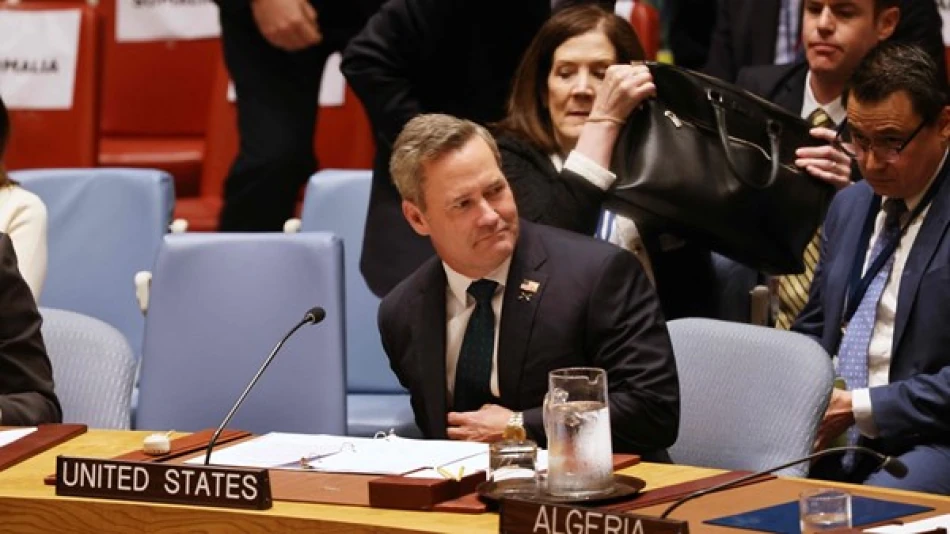
U.S. Pledges to Defend NATO Territories: A Commitment to Collective Security
Mike Waltz, Washington's new UN representative, pledged Monday to "defend every inch of NATO territory" during an emergency meeting about fighter jets violating Estonia's airspace. The strong statement comes as tensions rise along NATO's eastern border, with President Trump also promising Sunday to help defend Poland and the Baltic states against potential escalation.
Speaking at the emergency session, Waltz said the US stands firmly with NATO allies against these airspace violations. "I want to take this first opportunity to repeat and confirm that the United States will defend with its allies every inch of NATO territory," he told the gathering.
The meeting was called after Estonia and NATO reported that three fighter jets breached Estonian airspace over the Gulf of Finland, staying there for 12 minutes. Estonia, which joined NATO in 2004, sits directly on Russia's western border and has become a key flashpoint in recent tensions.
When reporters asked Trump Sunday whether Washington would help defend these countries if tensions escalate, he was direct: "Yes I will, I will." He added simply, "We don't like this," referring to the airspace violations.
Russia has denied that its fighter jets violated NATO member airspace. But the incident highlights the delicate security situation in the Baltic region, where NATO has stationed troops and equipment as a deterrent since Russia's actions in Ukraine began.
For NATO, these airspace violations test the alliance's collective defense principle - Article 5 - which treats an attack on one member as an attack on all. The Baltic states of Estonia, Latvia, and Lithuania are particularly vulnerable due to their small size and location between Russia and its ally Belarus.
The strong US commitments from both Waltz and Trump signal continuity in American support for NATO's eastern flank, despite Trump's past criticism of alliance burden-sharing. This matters because these small countries rely heavily on larger allies for defense against potential Russian aggression.
Most Viewed News

 Layla Al Mansoori
Layla Al Mansoori






